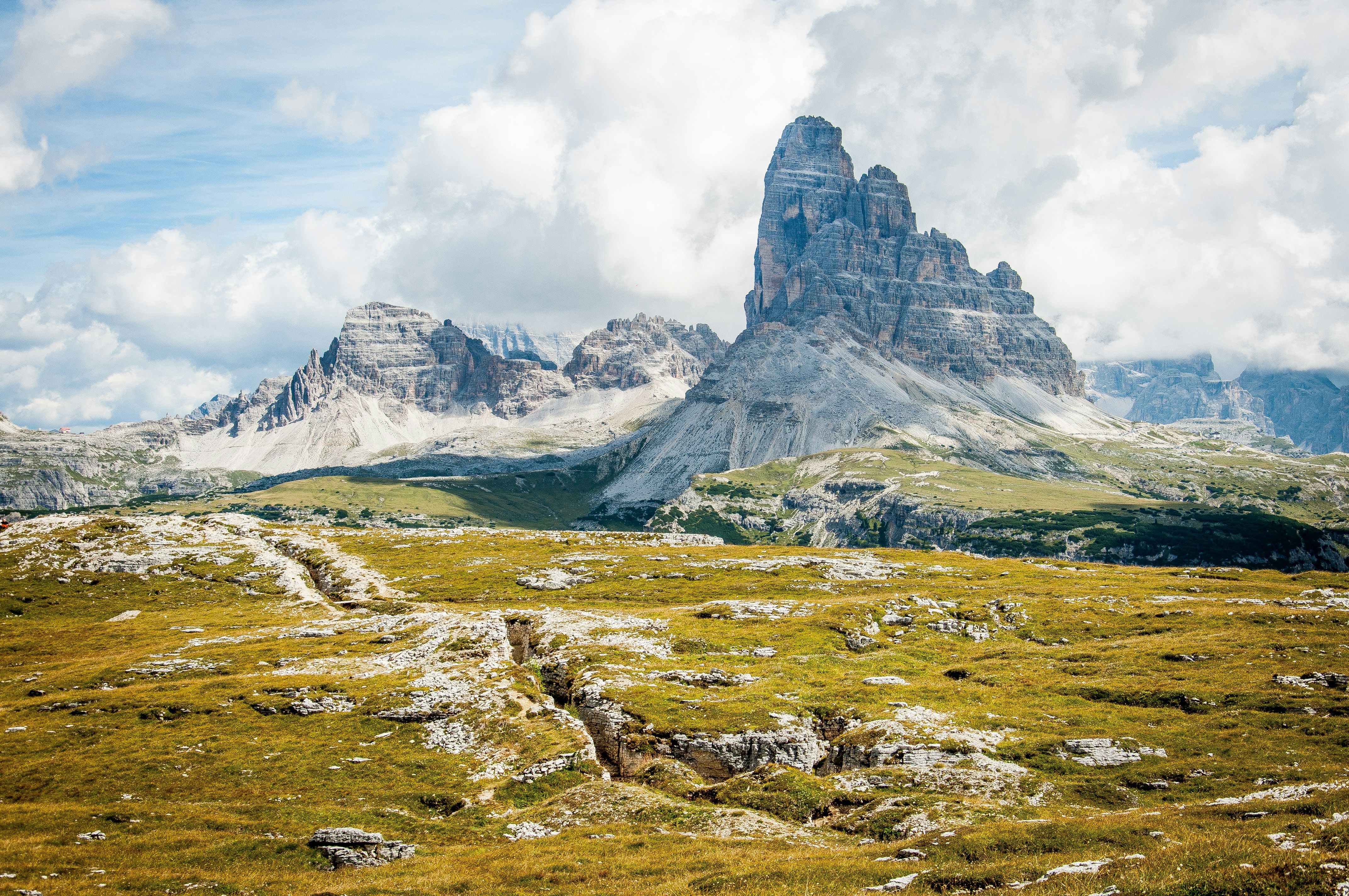Restoring Economic Autonomy: Reestablishing the Economy of a Venezuelan Collective Community
The world has long held the dream of something that requires only consciousness to manifest in reality. This idea was famously expressed by Karl Marx in a letter to Arnold Ruge in 1843, but it found a more resonant voice in José Carlos Mariátegui, often seen as the founder of Latin American Marxism. For our continent, Mariátegui wrote, socialism should be "not a copy or imitation but rather a heroic creation." This philosophy resonated with Hugo Chávez, who notably used Mariátegui's words to promote his communal project in Venezuela.
Fast forward to the 21st century, and we can see Chávez's focus on constructing new social relations with the determination of the masses. This focus on building, not simply imitating, represents a shift from the rejection of politics that dominated the 1990s. Zapatismo, for example, rejected both the NAFTA trade agreement and state politics, saying they would change the world without taking power. However, movements like Chávez's and Evo Morales's in Bolivia focused on taking power, marking a pivot towards heroic and creative political construction.
This idea of heroic, collective creation is clearly seen in Mariátegui's sayings, but it also rings true for movements and communes like El Maizal in Venezuela, which strives not to copy or imitate, but to build something new and better on its own terms. Angel Prado, the charismatic leader of El Maizal, expressed this idea when he admitted to my colleague Cira and me that he was having a "Deng Xiaoping moment," referring to the Chinese Communist leader's call for reform and opening up the economy. Prado had reached out to us to discuss the commune's economic woes and a new proposal for an "alternative communal economy" that he hoped we'd find intriguing.
The proposal for this alternative economy is still inchoate, but it revolves around building cooperatives, using the model of Brazil's Landless Workers' Movement (MST), yet without private property, not even collective private property. The aim is to end the wage relation still in place at El Maizal while spurring productivity, with pilot projects to focus on pig farming, event services, and fattening cattle. This new economy, Prado hopes, will be a heroic and popular construction that can revive El Maizal's production and serve as a model for other communes in the country.
The backdrop for all of this is the economic crisis faced by Venezuela's most important rural commune, combined with the ongoing challenges posed by U.S. sanctions. To build the new economy, El Maizal needs a collective effort of the masses, involving their engaging in iterative experimentation, participation, and action. It's a bold and difficult task, but one that Prado believes is necessary if we are to build a better world.
- Despite the inchoate proposal, Angel Prado, the charismatic leader of El Maizal, echoes José Carlos Mariátegui's call for heroic creation by aspiring to build an alternative communal economy, departing from the idea of simple imitation.
- Prado agrees with Mariátegui's assertion that socialism should not be a copy or imitation, as he ventures to construct a new economy in El Maizal, aiming to end the wage relation and foster productivity, with trial projects in pig farming, event services, and cattle fattening.
- In the face of the economic crisis and U.S. sanctions, Prado's goal is to mobilize the masses for a collective effort towards constructing the new economy, a process that demands iterative experimentation, participation, and action, sharing similarities with Deng Xiaoping's reforms in China.





